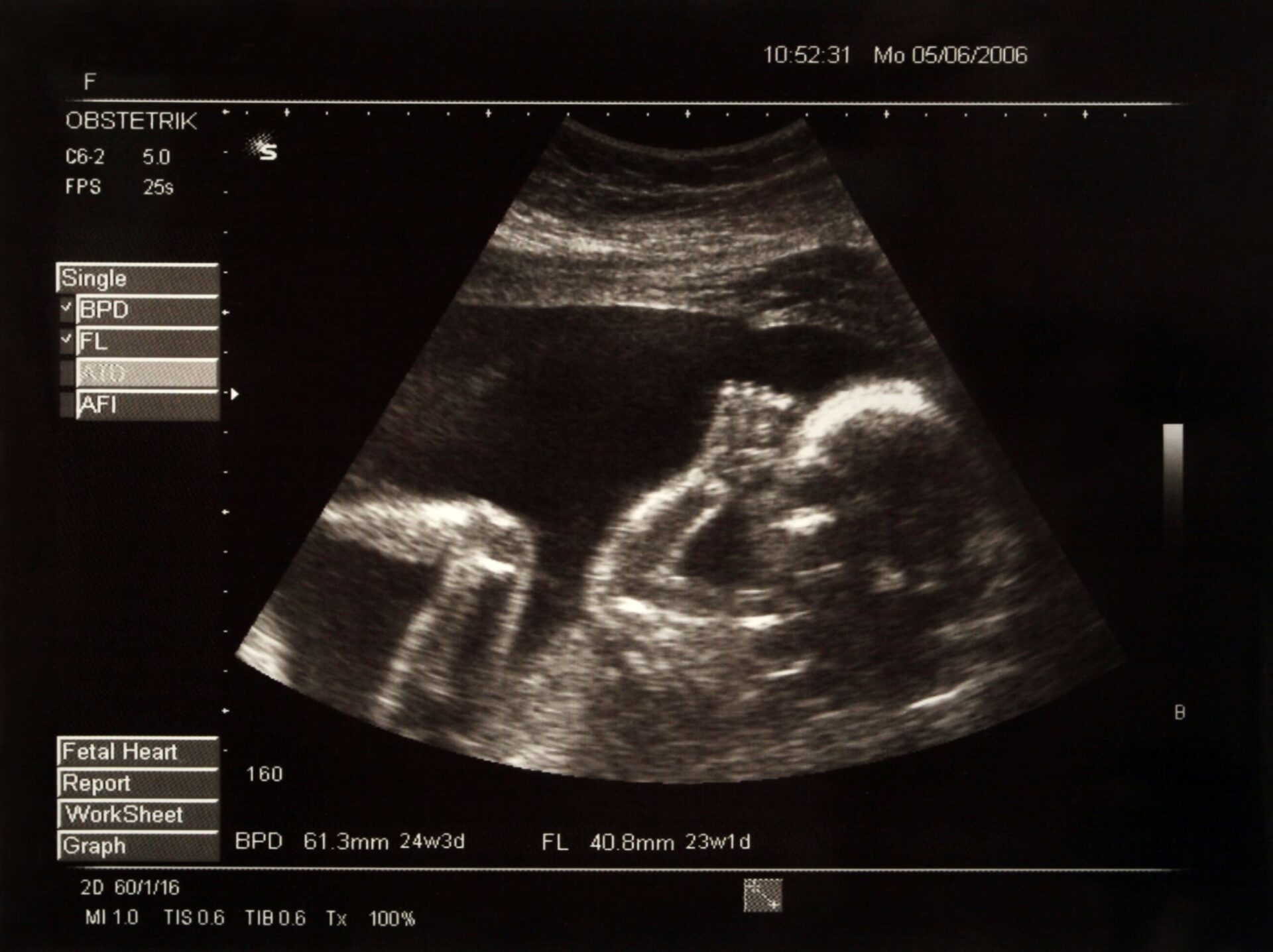Smoking is a major public health problem, as it is the main cause of avoidable morbidity and premature mortality, since it contributes to the development of numerous diseases, such as chronic obstructive pulmonary disease (COPD), ischemic heart disease, stroke, and even a causal relationship has been established between smoking and the development of different types of cancer, such as lung and breast cancer.
In addition, in the case of women, it has additional consequences, which can affect the gynecological and reproductive level, as well as increase the probability of suffering pregnancy complications, such as premature births, ectopic pregnancies and miscarriages, among others.
Tobacco ; toxic substance in pregnancy
Tobacco is a plant used to make cigarettes, cigars and pipes. It contains 4,000 chemicals of which at least 250 of them are known to be harmful to health and more than 50 are known to cause cancer in humans. There is scientific evidence that the components of cigarette smoke alter human development during intrauterine life.
Therefore; the numerous toxic and addictive substances, such as nicotine and tar; components of tobacco; can pass through the placenta and reach the fetus, which represents a significant risk for its proper development.
Risks to mother and baby
As already mentioned in the introduction, the effect of smoking on pregnancy has a significant negative impact.
Smoking during pregnancy increases the risk of developing health problems such as cardiovascular disease, chronic obstructive pulmonary disease (COPD), lung cancer and other cancers.
Women who smoke during pregnancy have an increased risk of experiencing complications such as placenta previa, placental abruption , premature rupture of membranes , intrauterine fetal death and sudden infant death syndrome.
On the other hand, tobacco can affect the growth and development of the fetus. Infants exposed to tobacco smoke tend to have a lower birth weight and may have intrauterine growth retardation.
In addition, smoking while pregnant increases the risk of congenital malformations in the fetus, such as cleft lip, cleft palate and heart defects.
You should also be aware that women who smoke during pregnancy are more likely to give birth prematurely (threat of premature delivery). Premature delivery can increase the risk of complications for the baby, such as breathing difficulties and long-term health problems.
On the contrary, quitting smoking before or during early pregnancy reduces these risks, as it has been shown that in women who quit smoking in the first trimester, gestational complications decrease and the weight of the newborn is higher. Therefore, tobacco use is one of the few preventable factors associated with adverse consequences in the perinatal period.
Long-term effects on the child
Tobacco, it is known, has short-, medium- and long-term effects on the children of smoking mothers.
Children exposed to tobacco smoke during pregnancy have an increased risk of developing respiratory problems, such as asthma and bronchitis, during infancy and childhood.
In addition, not only does it increase the risk of suffering from respiratory diseases, but maternal smoking during gestation alters the morphological and functional maturation of the brain, therefore, it has been seen that it can increase the probability of the child developing behavioral disorders, such as attention deficit and hyperactivity disorder (ADHD) and behavioral problems.
Nicotine-free tobacco for pregnant women
Many mothers-to-be have opted to switch from tobacco to non-nicotine or electronic cigarettes while pregnant. However, scientific studies have shown that alternatives such as vaping cause toxic effects in the baby, which are very similar to those generated by tobacco.
Most women believe that nicotine-free cigarettes are harmless to the fetus, but the opposite is true.
Studies carried out by specialists in the field have determined that the developing fetus is exposed to the same dangers caused by tobacco when vaping or using electronic cigarettes without nicotine. The risks to which the fetus and future baby are exposed are the same as those discussed in the previous section.
On the other hand, flavored cigarettes are not free of toxins, so they should also be avoided during pregnancy.
Tips for quitting smoking during pregnancy
If you are pregnant and smoke, it is important that you seek help to quit smoking. We share with you some useful tips:
- Talk to your doctor: Your doctor can offer guidance and support to safely quit smoking during pregnancy. Your medical professional can help you deal with tobacco and pregnancy anxiety.
- Look for support programs: There are programs specifically designed to help pregnant women quit smoking. These programs often include behavioral therapy and safe medications during pregnancy.
- Find replacement strategies: Look for alternative activities to replace smoking, such as exercising, practicing relaxation techniques or enjoying healthy hobbies.
- Remember the benefits: Keep in mind the benefits of quitting smoking during pregnancy, both for your health and that of your baby.
Additional considerations
Smoking during pregnancy has serious consequences for the mother and the fetus. It is essential to seek help and quit smoking as soon as possible to ensure a healthy pregnancy and proper development of the baby.
Here are some considerations to keep in mind at all times when it comes to combining smoking and pregnancy:
- There is no safe percentage of tobacco consumption during pregnancy. Even occasional smoking can be detrimental to the health of the fetus.
- The use of vape products is not recommended during pregnancy, as they are not safe for either the mother or the fetus.
- Some of the effects of smoking on pregnancy may be irreversible, such as congenital malformations. However, quitting smoking during pregnancy can reduce the risk of complications and improve the health of the baby.
- Quitting smoking can be a challenge at any time, but during pregnancy it is especially important. However, with the right support, many pregnant women have successfully quit smoking.
- If you are having difficulty quitting smoking during pregnancy, don’t hesitate to seek additional help. Talk to your doctor, seek support groups or consider behavioral therapy options to get the support you need.
When you are pregnant you must take care not only of your health, but also of the life in your womb. It is for this reason that you should apply some additional measures, and strive to create healthier habits.
Additionally, you should also avoid being a passive smoker, so you should stay away from environments where tobacco smoke circulates.





